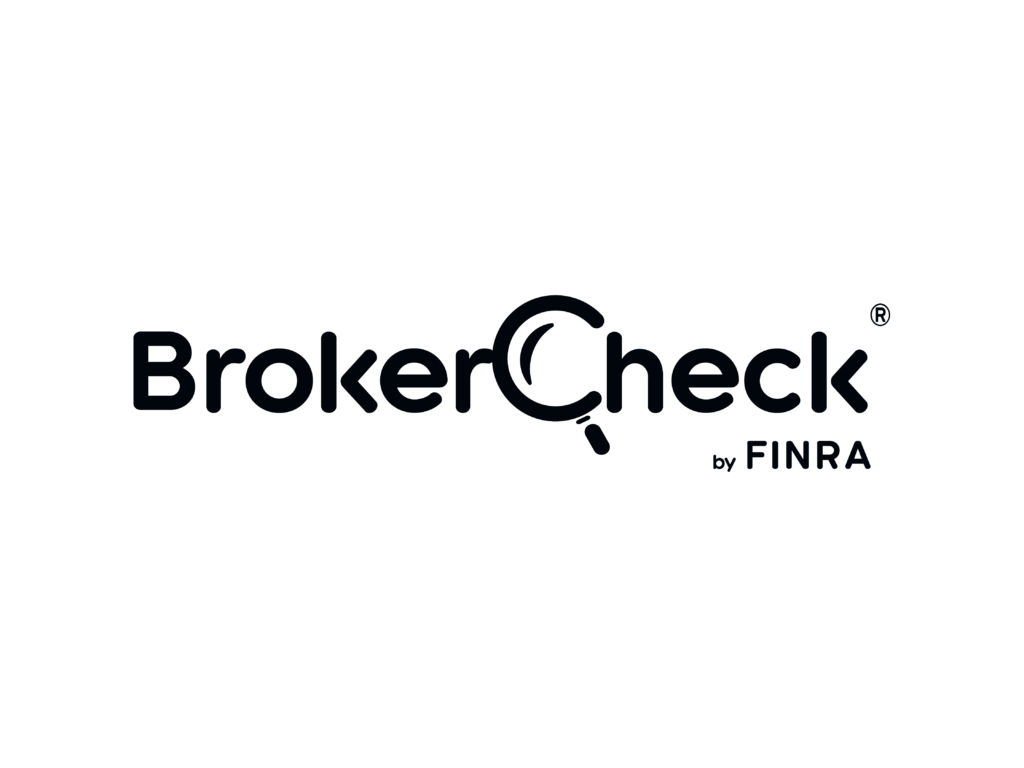Over 60% of Baby Boomers are more afraid of running out of money than of dying, according to a recent survey.[1] Even retirees who have saved a substantial amount for retirement may be worried about outliving their savings, and there may be good reasons for this. The potential for higher taxes, inflation, and healthcare costs are three eroding forces on your retirement savings.
1. Taxes Could Affect Your Bottom Line
Retirees of previous generations may have had lower incomes, and many did not have tax-deferred retirement accounts. For today’s retirees, taxes may be a bigger expense in retirement, especially if we see changes to the tax code. Most of the provisions in the Tax Cuts and Jobs Act will expire at the end of 2025, and President Biden recently indicated where tax rates could be headed. The top marginal income tax rate would go from 37% to 39.6%, and the long-term capital gains rate of 20% for those making over $1 million would disappear. This means that capital gains would instead be taxed at 39.6%, plus the additional 3.8% Obamacare tax.[2] If you plan to realize capital gains or if you have a substantial amount of money in a tax-deferred retirement account, learn how a financial advisor can help you pursue tax-smart strategies.
2. Healthcare & Long-term Care Costs Can Be Staggering
An average 65-year-old couple retiring today will need an estimated $295,000 to cover their healthcare costs, and that doesn’t include long-term care costs.[3] Costs can be staggering, Medicare doesn’t necessarily cover costs, and Medicaid is difficult to qualify for, leaving many retirees on their own. In 2020, the median yearly cost for an in-home health aide was $54,912, and the median yearly cost for a private room in a nursing home was $105,850.[4] There are several options for covering costs, and deciding on one can be an important part of a comprehensive financial plan.
3. We Could See High Inflation
Interest rates are at historic lows and could stay low for some time. If you can’t expect to earn much from your savings account or CD, what other investment options could you consider? Due to the potential for high inflation, you may need to continue to grow your wealth in order to help make it last the rest of your life. Consider that a 2% inflation rate can eat away at your retirement savings significantly over the course of retirement: After 20 years with a 2% inflation rate, $1,000,000 would only have the buying power of $672,971.[5]
While there eroding forces on your retirement savings, there are also strategies you can pursue to help avoid this. We help our clients create comprehensive retirement plans that take their unique financial situations and needs into account. Sign up for a complimentary review with us to begin planning.
[2] https://www.forbes.com/sites/robertwood/2021/06/07/biden-retroactively-doubles-capital-gain-tax-but-keeps-10m-benefit/?sh=1b563b1bc4b4
[3] https://www.fidelity.com/viewpoints/personal-finance/plan-for-rising-health-care-costs
[4] https://www.morningstar.com/articles/1013929/100-must-know-statistics-about-long-term-care-pandemic-edition
[5] https://www.buyupside.com/calculators/inflationjan08.htm





